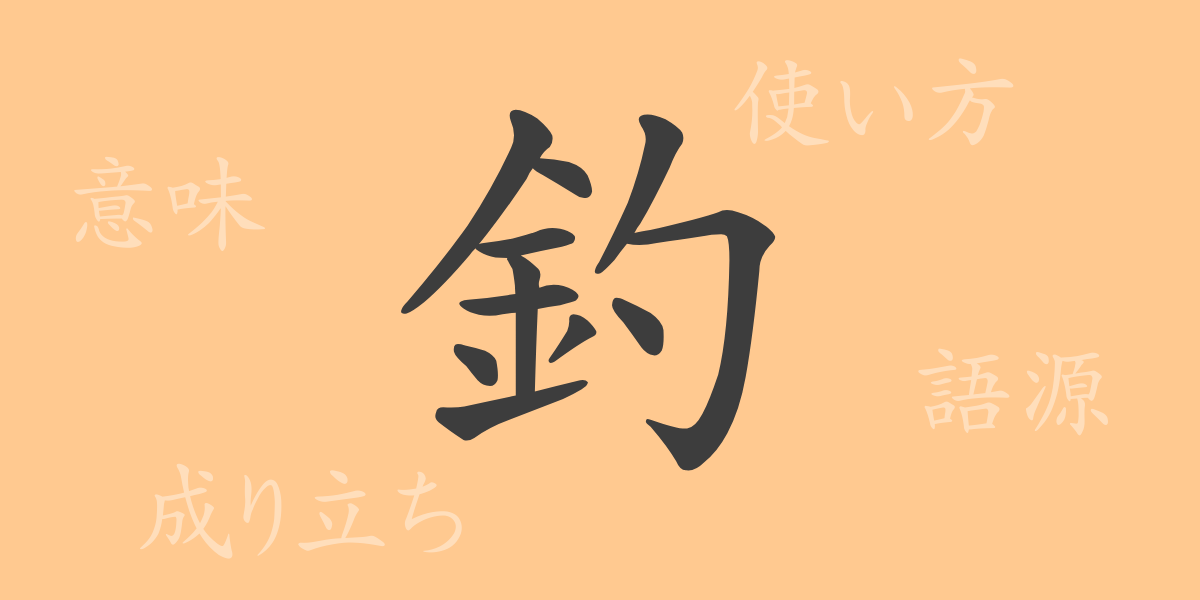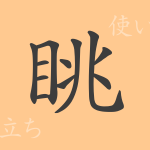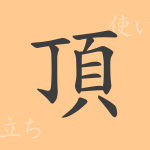The Japanese Kanji ‘釣(チョウ)’, deeply rooted in culture and frequently used in daily life, embodies profound meanings and impacts our lives significantly. This article explores the Kanji ‘釣’, from its origins to its meanings, applications, and related phrases and proverbs, offering new insights not only for fishing enthusiasts but for all who cherish language.
Origins of ‘釣(チョウ)’
The Kanji ‘釣’ originated in ancient China, symbolizing the act of baiting a hook to catch fish. Its form combines the elements of a fishing line and hook, evolving over time to its present shape. As ‘釣’ developed, it began to represent various meanings related to human activities and technological advancements.
Meaning and Usage of ‘釣(チョウ)’
Originally denoting the act of fishing, ‘釣’ has adopted broader metaphorical uses in modern contexts. For instance, ‘心を釣る’ means to captivate someone’s heart, and ‘釣り合う’ expresses the balance between two entities. The term ‘釣り銭’, referring to change received during transactions, is also a common everyday expression.
Readings, Stroke Count, and Radical of ‘釣(チョウ)’
Essential details about the Kanji ‘釣’ are as follows:
- Readings: On’yomi ‘チョウ’, Kun’yomi ‘つる’, ‘つり’
- Stroke Count: 11 strokes.
- Radical: Belongs to the ‘金部(かねへん)’ or metal radical.
Phrases and Proverbs Involving ‘釣(チョウ)’
‘釣’ appears in numerous idioms, proverbs, and phrases, reflecting its versatility in the Japanese language:
- 釣り合い – Balance or equality between two things.
- 釣り銭 – Change given back during a purchase.
- 釣り堀 – A man-made pond designed for fishing.
- 釣果 – The result or catch from fishing.
- 金に釣られる – To be lured by monetary gains.
Understanding these expressions helps us appreciate how ‘釣’ is used in various contexts within the language.
Conclusion on ‘釣(チョウ)’
The Kanji ‘釣’, from its ancient roots to contemporary uses, plays a vital role in everyday communication and lifestyle. From literal fishing to metaphorically attracting interest, ‘釣’ demonstrates the rich expressiveness of the Japanese language. Through exploring ‘釣’, we hope you have gained a deeper appreciation of its complexity and versatility.

























